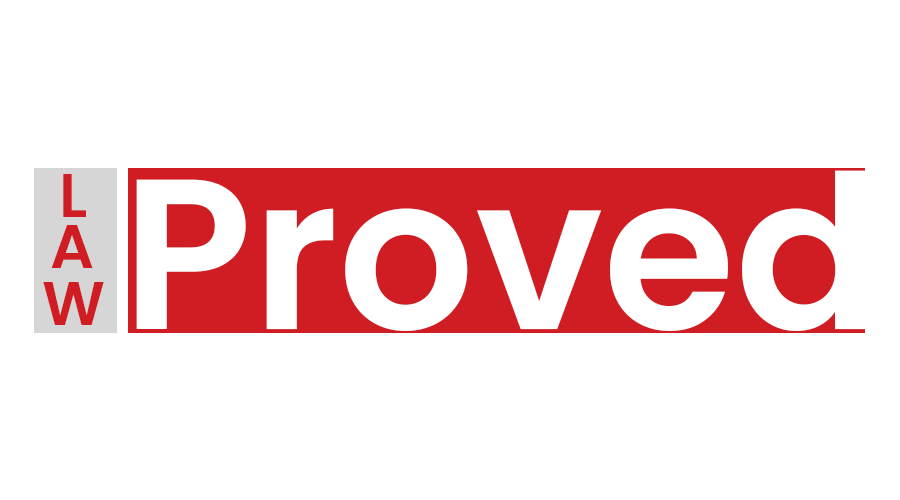Enlisting the help of a judgment collection agency to collect the money owed on an outstanding judgment is a smart idea. The sooner, the better. Interestingly, the first time a client makes contact with a judgment collection agency, the agency peppers the client with tons of questions. What’s that all about?
The experts at Utah-based Judgment Collectors say that it is all about information. Whether a collection agency purchases judgments or works on consignment, decision makers need as much information as possible in order to determine whether collection is actually feasible. Because if it’s not, they will not take the case.
A collection agency will have a ton of questions upfront based on the understanding that the client already knows the debtor better than they do. The client has already interacted with the debtor in some way, shape, or form. So any information the client can provide is like gold.
What Collection Agencies Want to Know
A collection agency wants to know as much as possible about any debtor it might ultimately end up pursuing. But more specifically, collection agencies are interested in:
- History – They want to know the history between client and debtor. They want to know the original dispute that led to the judgment in question. Every detail about the client-debtor relationship is potentially helpful.
- Living Arrangements – A collection agency wants to know the debtor’s living arrangements. Does he own his own place? Does he live with a spouse, parents, or children? Where does he live and how long has he lived there?
- Employment – The debtor’s employment is also of interest. Where he works, how long he has worked there, and his approximate weekly income is information the client could have obtained during depositions or interrogatories.
- Income and Assets – A collection agency wants to know about any income and assets the client is already aware of. A more thorough asset search may be necessary, but preliminary information about income and assets is required to make an initial decision.
Should the collection agency decide to take the case, team members will undoubtedly engage in a lot more research. Still, the client furnishing as much information as it can makes the agency’s job that much easier.
What They Do With the Information
To a judgment collection agency, information is the fuel that drives the engine. Preliminary information sets the stage for how the agency will proceed. As more information is gathered, the agency’s collection strategies are driven forward.
For example, living arrangement information can help the agency contact the debtor to find out what is going on. A cooperative debtor might even be induced to agree to a voluntary payment plan on first contact. If not, information about the debtor’s employment, income, and assets comes into play.
Employment and income information can lay the groundwork for a writ of garnishment. Information on debtor assets can be the foundation of writs of execution. The point to all of this is that the collection agency can only act on the information it has. So it needs to know as much as possible in order to successfully pursue collection.
No Need to Hold Back
There is no need for a client to hold back information when enlisting the help of a judgment collection agency. Holding back could ultimately harm the client’s case, making it more difficult for the agency to do its job.
If you have an outstanding judgment you are thinking of turning over to a collection agency, be prepared for a ton of questions upfront. Be ready to furnish every bit of information you have.
